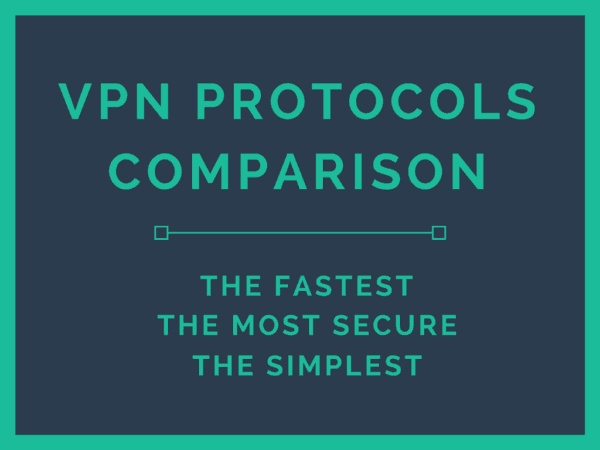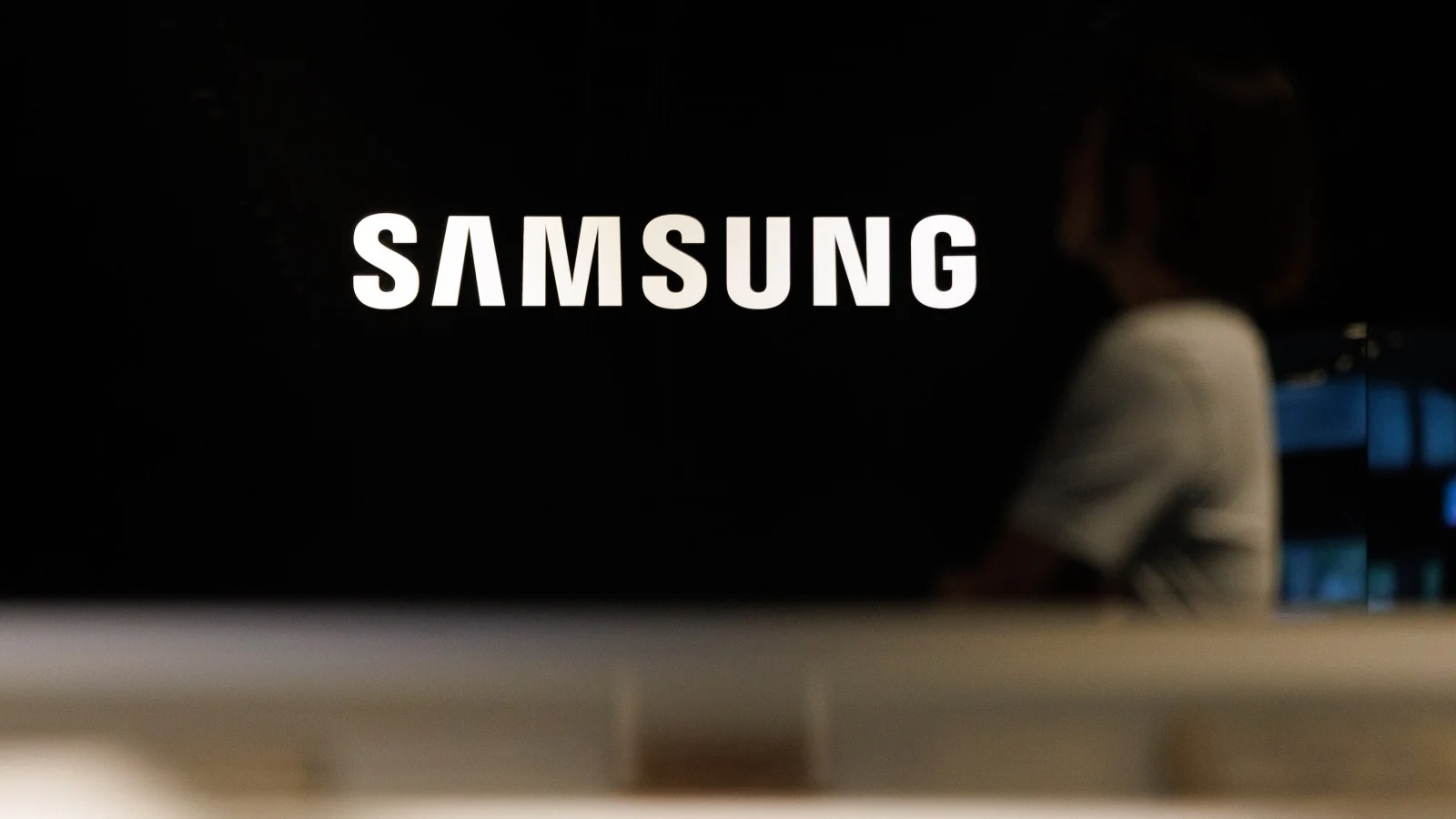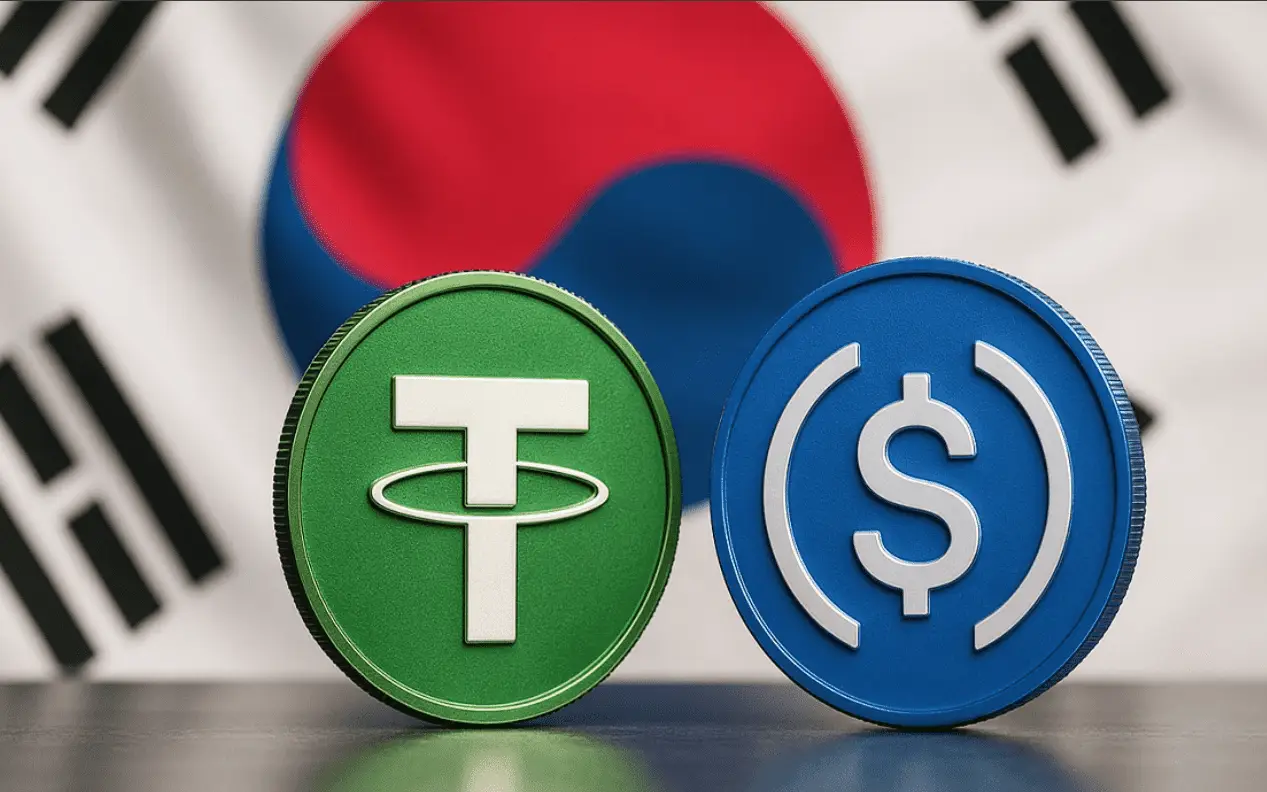What is The Best VPN Protocol? [In-Depth Comparison]

Whether you want to discover the fastest or most secure VPN protocol, you need to gather some info on the different types.
It is important to keep in mind that there is no such thing as a one-fits-all answer. And you will also find that each protocol is different. There really is no clear-cut choice as to which is the dominant protocol on the market!
The different VPN protocols have been created to cover various needs and requirements. So it is best to first realize what your priorities are and then go ahead with selecting the perfect option for you.
You need to ask yourself:
- What it is you value while using a VPN connection online?
- Do you want total privacy?
- Or do you need the highest possible speed?
These are all answers that will affect which protocol fits your needs. So, what is the best VPN protocol? If you’re just starting out, our tutorial on how to set up a VPN can help you test different protocols on your device.
Let’s find out!
VPN with the best VPN protocols
It makes sense to make a list of the features that matter to you the most. You cannot expect to get thorough encryption with top-notch speed. What a VPN protocol lacks, another one boasts and vice versa!
Let’s have a look at the VPN protocols that meet each criterion and even exceeded expectations regarding encryption, reliability, and speed.
PPTT vs OPEN VPN & PPTP vs L2TP/IPSec, SSTP, and IKEV2
PPTP: Point to Point Tunneling Protocol
PPTP is one of the oldest protocols on the market. However, that does not mean that this is the best just due to its age. This is the standard protocol that you would see with just about any VPN that you utilize.
A few pros of this protocol:
- Super easy to set up manually. Do note that when using a VPN connection, this is automatic and not something you need to worry about.
- Requires a low computation overhead, so it is quick.
While these are great benefits, you do need to realize that there is one huge drawback that comes to mind when talking about PPTP, and this is the fact that its security is under question.
And it has been shown to be compromised by the NSA. Meaning that as long as the person can decrypt, more than likely they can access your information with ease.
L2TP / IPSec
This is an interesting protocol setup.
Why?
Because L2TP on its own is not secure at all. In fact, it does not provide encryption at all.
However, when IPSec encryption works along with it, they provide security and privacy for those who use it. Most VPNs and operating systems are going to come with L2TP/IPSec built into them.
The pros of this protocol include:
- Considered decently secure
- Easy to set up manually
- Faster than OpenVPN
However, keep in mind that this protocol may have been compromised by the NSA, though this has not been proven. In addition, this protocol could struggle with trying to get past those firewalls that may be in place.
OpenVPN
This is one of the newer protocols on the market. It utilizes the OpenSSL library along with SSLv3/TLSv1 protocols.
The OpenVPN protocol does use a 128-bit Blowfish cipher, which many believe to be relatively secure. However, there are some issues. Even the creator of Blowfish suggests people use an alternative.
Most VPN providers now use OpenVPN with AES-256 instead of Blowfish. AES-256 is highly secure. It is the encryption system that even the US government uses and when working with OpenVPN the security level is very high.
Some pros of this protocol:
- Highly configurable
- Very secure, can easily bypass firewalls
- Uses a wide variety of encryption algorithms giving you more control
However, keep in mind that this is harder to set up than other protocols, and it has to use third-party software, which can open up your device to a wide range of issues.
With this third-party software, it opens up your device to new issues and threats. There is nothing that states this third-party software is going to be completely safe to use.
It is not uncommon for this software to attach malware or viruses to the devices that download this.
However, if you use OpenVPN through some of the best VPN connections on the market you don’t have to worry about both setting it up and possible threats to your device. The VPN will set OpenVPN automatically and their software are 100% secure.
SSTP: Secure Socket Tunneling Protocol
With the majority of this protocol owned by Microsoft, it does not inspire a lot of confidence.
After all, Microsoft has been known to work with the NSA. Therefore, those who want to remain private may find it impossible to do with this protocol.
Aside from this, however, it does offer some benefits:
- Easily integrates into devices
- Connection speed is quite fast
- Comes with Microsoft support
Those who do use this protocol find that it is often easier to use than the other protocol choices on the market.
IKEv2: Internet Key Exchange (version 2)
This is one of the many protocols that is based on the IPSec technology. Microsoft and Cisco developed it together. What makes this protocol stand out from the others on the market, is its ability to reestablish a VPN connection after an interruption.
Most people who utilize this protocol are going to be using this on mobile devices, especially via Blackberry devices.
A few of the pros about this protocol:
- Faster than the other protocols out there, however, it is really only for use with mobile devices
- Secure as it utilizes AES-128, AES-192, AES-256 and 3DES ciphers
- Super simple to set up
Fastest VPN protocols – which protocol offers the best speed?
One of the major characteristics that attract attention when it comes to VPN protocols is their speed. It makes sense why people want to find a fast VPN protocol to connect to.
When connecting to a VPN, the connection speed should be rather fast. And that is even more important for bandwidth-heavy tasks like gaming, streaming, or torrenting.
So, based on tests, one of the fastest VPN protocols is none other than PPTP. With 128-bit encryption, it requires less time to complete. Of course, it offers basic encryption and some people are appalled by the fact that there are gaps in the security level.
In fact, PPTP is relatively easy for the government to hack. Thus, it may be great for speed, but it falls behind when it comes to security. 128-bit encryption cannot be broken by your average hacker.
However, with the speed of computers that the NSA has, along with the knowledge that the NSA has, breaking a 128-bit encryption speed is getting closer than ever before.
However, PPTP is still the default – native VPN protocol in many cases, working fine with most OS and devices. It is fast, as well as easily supported. Instead, OpenVPN might delay a bit due to the advanced encryption that it offers.
L2TP/IPsec is also relatively slower, encrypting data twice and thus requiring more CPU power. However, it offers a level of security that many people are eager to have when they are online.
Finally, there are cases when VPNs lead to ISP throttling. ISP throttling is when your ISP deliberately slows down your connection.
This means that you cannot expect to get great speed when connecting to a VPN, no matter what VPN protocol you use. Well, in these cases you can restore your speed by using Chameleon VPN.
It should be noted that Chameleon is not a protocol in the traditional sense of the word. It is classified as a proprietary protocol.
Chameleon VPN does utilize 256-bit encryption, which is considered a rather protective encryption rate. So how does this work?
The Chameleon VPN Protocol scrambles the data of the connection. In this way, Internet sites cannot tell that a connection is VPN protected. Chameleon VPN was introduced by VyprVPN as a way to help those located in nations like China to still use a VPN to access the internet freely.
A restriction of Chameleon VPN Protocol is that it does not work with any iOS devices. And it is also only available with the Pro and Premier versions of VyprVPN.
Most secure VPN protocols – which is the best?
Security is a precious commodity in the digital era. Therefore, internet users are alert and try to come up with the safest VPN protocol in the market. Of course, the very core of VPN is relevant to security boost. Encryption offers significant improvement security-wise.
But not all VPN protocols claim to be the safest and if they do, not all of them live up to their standards. Therefore, it is important to look at how they are encrypting signals, and how strong of an encryption level the protocol is utilizing.
The most secure VPN protocol out there to this date is OpenVPN. Reaching 256-bit encryption, it authenticates data with digital certificates and provides an integrated solution for those who value anonymity.
It is reliable and stable, preventing any data leaks and other security hazards. It is supported on most OS and devices now. Even when it is not offered automatically, you can download it and start using it without any hesitation.
Another VPN protocol that boasts thorough encryption is L2TP/IPsec. Although it may run a bit slowly (when compared to the less secure PPTP and the equally safe OpenVPN), this is a truly secure option among VPNs that comes at 256-bit. It checks data integrity and offers encryption twice. It is native in most cases and it is truly reliable.
Last but not least, Chameleon VPN is secure and lacks nothing in terms of efficiency and stability.
Simplest VPN protocol – which is easiest to use?
Apart from the fastest VPN protocols and the most secure VPN protocols, there is another factor to consider.
Simplicity is sometimes of the essence and it should not be underestimated. After all, you can have all the security and speed in the world, but if the protocol is too hard to understand how to use it, it will offer you little benefit.
When you seek a simple setup, PPTP is definitely the answer.
It might not be the safest option to use at all times, but when strong encryption is not necessary PPTP manages to excel.
OpenVPN can be really baffling, particularly when it is not native to the OS or device you use. So for newbies and non-tech literates, PPTP is a great start.
A nice middle option between PPTP and OpenVPN is L2TP/IPsec, which offers decent security and speed, and a setup that is not complicated by any means.
In any case, when you use a VPN protocol set through a VPN provider, switching from one to the other is just a matter of a click. The software will automatically take care of all the technical issues.
Where to find the best VPN protocols?
Most modern VPN providers offer a plethora of options for you to consider.
When a VPN provider supports several VPN protocols you can switch between the different options depending on your requirements.
For instance, there are times when speed is essential. In other cases, security may be paramount. So you can pick the simplicity and fast pace of PPTP or go for the reliability of OpenVPN and L2TP/IPsec and so on.
ExpressVPN provides you with OpenVPN (TCP, UDP), L2TP/IPsec, and PPTP protocols for strong and flexible encryption.
The same goes for IPVanish and the results are equally impressive.
However, for those who wish to enjoy the benefits of a VPN that masks their VPN activities, Chameleon VPN protocol is not available everywhere. Instead, VyprVPN offers the innovative technology of Golden Frog along with OpenVPN, PPTP and L2TP/IPsec. So you should keep that in mind, prior to proceeding with your VPN subscription.
Wrap up
When identifying the best VPN protocols, you need to make sure that you have prioritized properly.
Although the answer might fluctuate depending on your current requirements, there are VPN service providers that will cover your necessities and offer you a plethora of VPN protocols to choose from.
Just be sure to use each VPN protocol depending on its strengths, avoiding its use when its weaknesses affect your user experience. If you’re specifically on Apple devices and run into connection problems, see our full guide on how to fix VPN not working on iPhone.
For example, if you want security then avoid PPTP and opt for OpenVPN or L2TP/IPsec. Whereas when speed is the issue, PPTP is going to run much faster.
So, learn the special features of the best VPN protocols and make a prudent decision based on your exact needs.
Enjoy your journey to encryption!
Read our disclosure page to find out how can you help VPNCentral sustain the editorial team Read more






User forum
0 messages